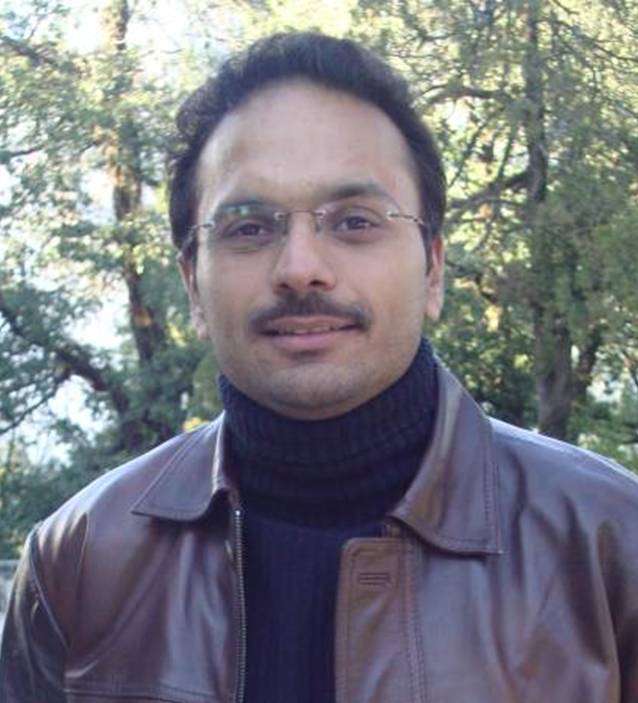Books and references
Elements of Photogrammetry with Application in GIS, by Paul R Wolf, Bon A DeWitt, and Benjamin E Wilkinson, 4th ed, McGraw-Hill Education, 2014. Introduction to Modern Photogrammetry, by E M Mekhail, 1st ed, Wiley, 2001. Adjustment Computations: Spatial Data Analysis, by Charles D Ghilani, 5th ed, Wiley, 2010. GPS for Land Surveyors, by J V Sickle, 4th ed, CRC Press, 2015. Bathymetry: Concepts and Applications, by J Harper (Editor), Callisto Reference, 2015. Hydrography, by C D de Jong, G Lachapelle, S Skone, and I A Elema, 2nd ed, DUP Blue Print, 2003. Hydrographic Surveying - Methods, Tables and Forms of Notes, by S H Lea, and J Gloag, Forgotten Books, 2017. Elements of Hydrographic Surveying, by G W Logan, Forgotten Books, 2017. The Surveying Handbook, by E C Brinker and R Minnick (editors), CBS Publishers and Distributors Pvt Ltd, 2nd ed, 1995. Electronic Surveying in Practice, by S H Laurila, John Wiley & Sons, 1983. Engineering Surveying Technology, by T J M Kennie and G Petrie (editors), Blackie and Sons Ltd, 1990. Map Projections - A Reference Manual, by L M Bugayevskiy and J P Snyder, Taylor & Francis Ltd, 2000. GPS Satellite Surveying, by A Leick, John Wiley & Sons, 3rd ed, 2004. Topographic Laser Ranging and Scanning – Principles and Processing, by J Shan and C K Toth (editors), CRC Press, 2009. Introduction to Microwave Remote Sensing, by I H Woodhouse, CRC Press, 2006. Radar Interferometry – Data Interpretation and Error Analysis, by R F Hanssen, Springer Netherlands, 2001.

DOWNLOAD APP
FOLLOW US